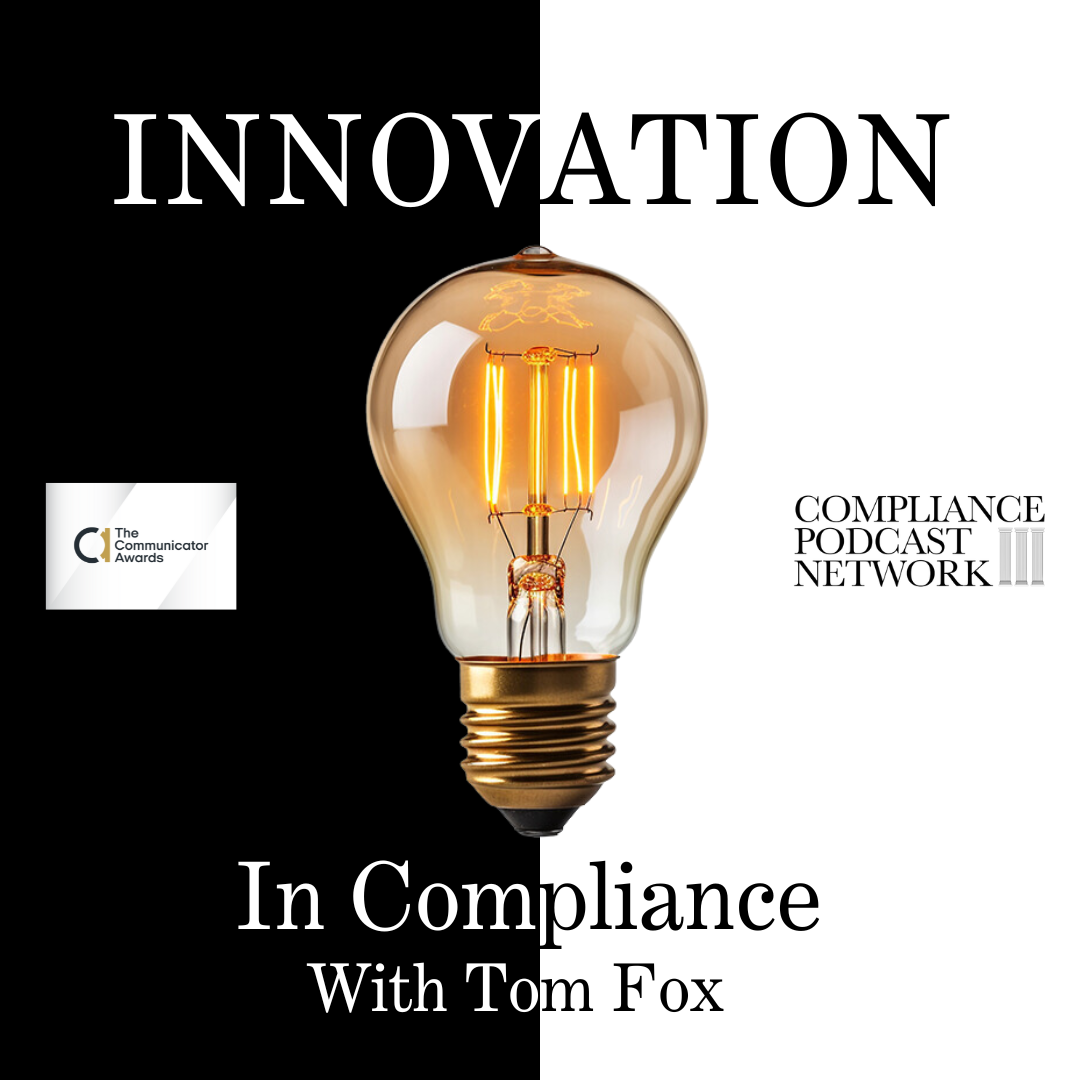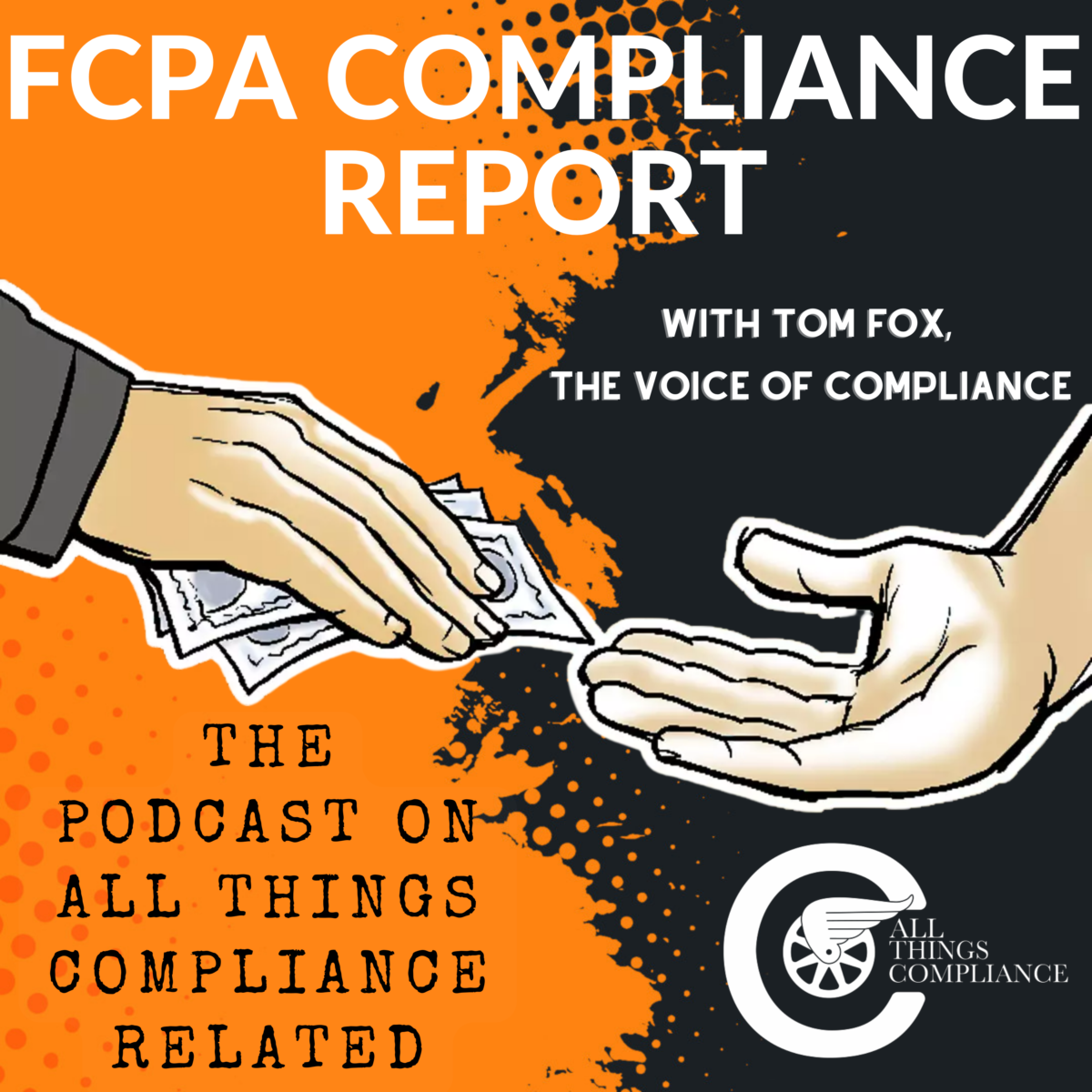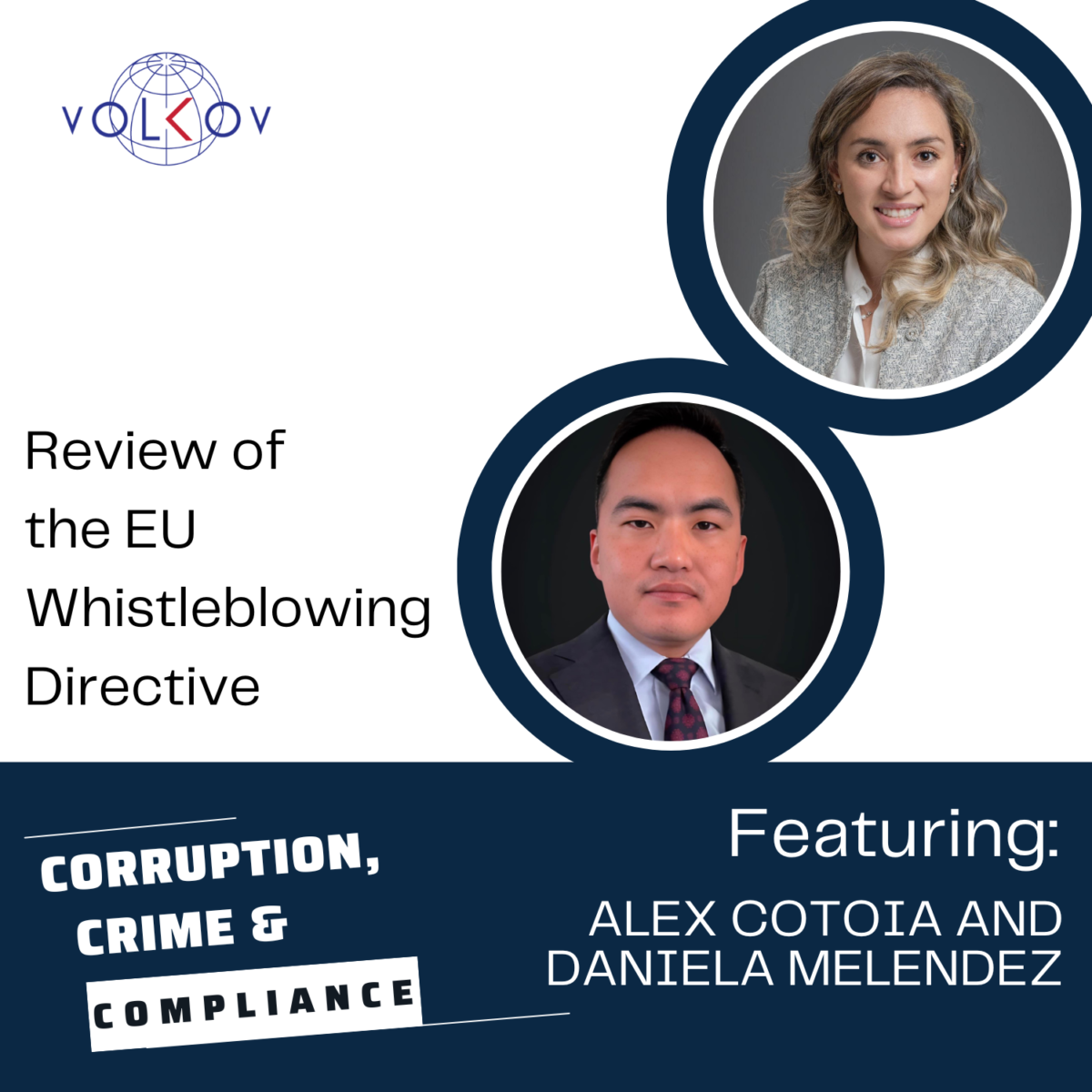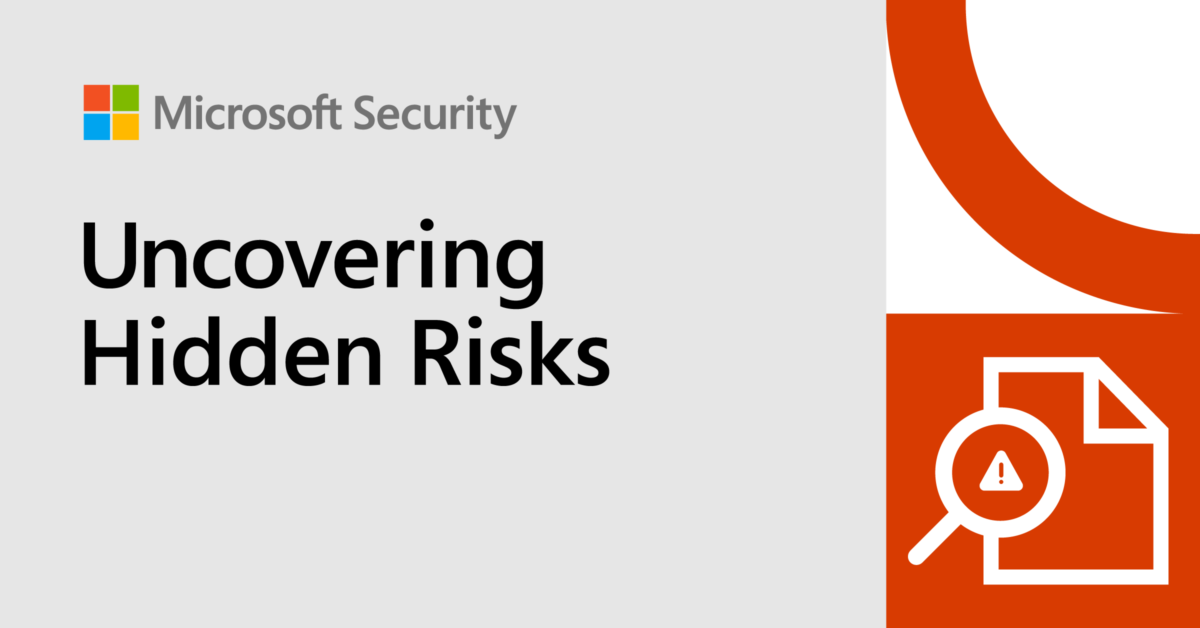There is not much I enjoy more than sitting down with one of the innovative thinkers in compliance, Carsten Tams, to find out what is on his mind regarding compliance. I recently had the opportunity to do so in making compliance training memorable. We explored this topic over this short five-part podcast series on the award-winning Innovation in Compliance on the award-winning Compliance Podcast Network.
Over the next five blog posts, I will also explore these topics in the blog format. I will introduce the problem and challenges and then provide you with four proven strategies for success in your compliance training. I deeply dive into why traditional E&C training often fails to engage employees and needs more impact on their behavior despite significant investments. This episode sets up the problem by exploring the historical context of E&C training, the difference between European values-focused and American rules-regulation approaches, and how these methods have evolved. In Part 1, I provide the lay of the land, explain when ethics training needs some fresh ideas, identify some of the challenges ethics training faces, and conclude with a summary of the solutions.
I think this topic still bedevils many compliance professionals: ethics and compliance training. 15 years ago, compliance training was written by lawyers for lawyers. There was a difference in the European approach, which focused more on values, as opposed to the American approach, which focused on rules and regulations. Hopefully, it has evolved past all of those, but there is still a problem with compliance training’s need to engage employees meaningfully.
Tams even further believes this issue of non-engagement by employees with compliance training is “the billion-dollar elephant in the room for ethics and compliance as a practice.” This problem is even made more critical as compliance training is one of the most important functions that ethics and compliance departments perform. “It is also important in terms of the size of the budget they spend on it. The training and compliance training industry is huge. It’s one of the biggest corporate learning sectors, if not the biggest. And yet here we are, and we have very little. After billions of dollars spent and millions of people going through compliance training, there’s very little evidence that it is working in terms of truly creating a better speak-up culture and truly affecting employee behaviors in any positive sense.” Tams ended by noting that undoubtedly the thing such training does accomplish “is that we’re able to check that box and say, yes, we fulfilled our requirement to train people. However, I think it is lacking in terms of behavioral impact.”
There are some interesting data points on that. A study by Gallup in 2023 showed that three-quarters of compliance training showed little to no benefit. Another finding was that training only tended to benefit when the learner experienced it very positively. When the learner rated the training experience as excellent, the training positively impacted behaviors. This shows that training experience matters.
Compliance professionals must understand better what makes people engage in this type of training. Navex, in an article entitled Top 10 Reasons Why Compliance Training Fails, asked why training programs often fail. The answer most frequently given was that training is uninspiring, unmemorable, and usually perceived as irrelevant to learners’ work.
There are four engagement killers in compliance training:
- Deficit-Focused Training: Compliance training tends to be delinquency-focused. The trainee is cast as someone about to commit a compliance mistake or misconduct.
- Passive Learning: Training is often passive and not experiential.
- Isolated Learning: Training is an isolated affair with little social interaction.
- Lack of Playfulness: Training is rigid and not playful.
One of the themes that will overlay all these podcasts is effectiveness. As far back as the original Evaluation of Corporate Compliance Programs in 2017, the Department of Justice (DOJ) said training should be adequate. How can we get companies to move off the check-the-box mentality so that they can enhance the user experience through some of the strategies I hope to explore throughout this series?
Four Strategies for Effective Training
- Strength-Based Training: Focus on employees’ strengths and capabilities. Training should engage people as effective partners in producing ethical outcomes and creating a more ethical organizational culture.
- Experiential Learning: Effective learning is experiential. It challenges people to bring their creative and problem-solving capabilities to the learning situations, think creatively, and address meaningful problems.
- Social Learning: Collaborative learning has unique benefits. Ethics training succeeds or fails between people. Effective ethics training should encourage communication and collaboration among employees.
- Playful Learning: Make ethics learning more playful. Engaging in play makes us much more deeply engaged and open to new information. Playful learning helps retain information and transfer learned information or skills to different scenarios.
In this blog post series, I will detail the several barriers to effective training, including training being seen as a checkbox exercise, the deficit-focused nature, passive learning methods, isolation, and a lack of playfulness. I will also detail the promising findings that training can be effective when it delivers a positive user experience, emphasizing the need for innovative approaches to improve engagement and behavioral impact. This blog post series explores solutions and strategies for making E&C training more engaging and effective, grounded in four proven learning design principles.
Tune in tomorrow, when I will explore strength-based training and how focusing on strengths can transform compliance training and engagement.













